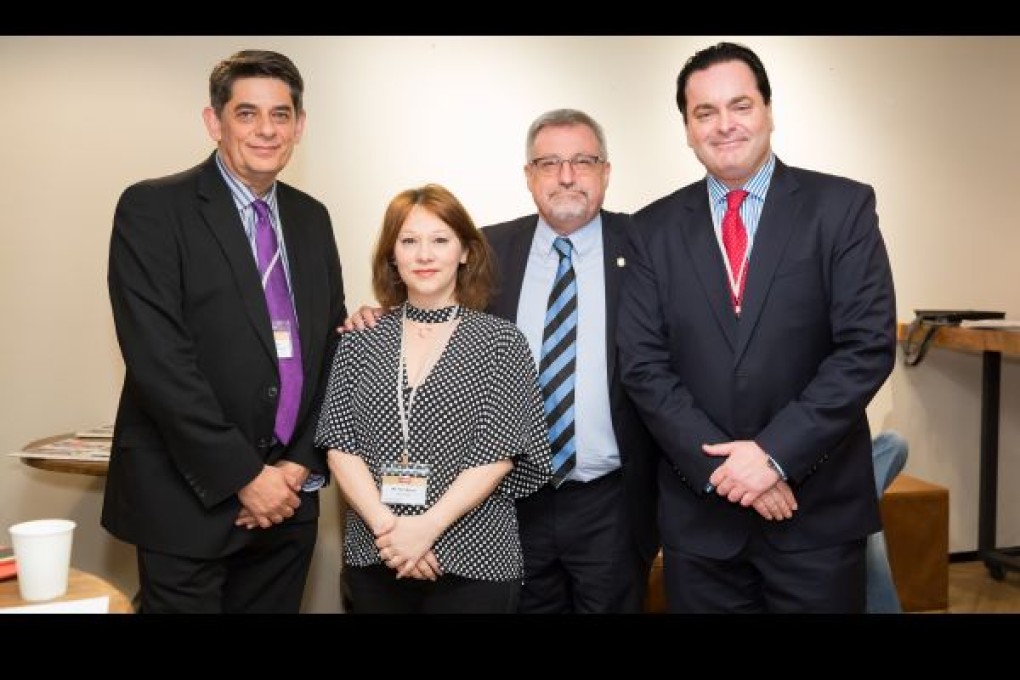
Ensuring their children benefit from a school curriculum that prepares them for university, a successful career, and life in general, is a key priority for most parents. But when it comes to selecting a school that offers a curriculum that meets a child’s needs, the choices parents face can be daunting. This is especially so in Hong Kong, where school options are steadily expanding, and now include international schools that offer the National Curriculum for England.
The key areas parents should be looking for when evaluating the merits of different curriculums, and the schools that offer them, was the theme of the “Understanding the UK Curriculum – Opportunities, Challenges and What It Means to Your Child” forum, which took place March 26. The forum featured a panel of experienced education professionals and school leaders, who offered useful tips and insights. Organised by Education Post with event partner Top Schools education consultancy, and sponsored by Mount Kelly Hong Kong, the forum was the third in a series of education events designed to provide parents with suggestions for navigating their children’s journey through education.
The panel was asked by moderator Ruth Benny, founder of Top Schools, to explain the difference between the National Curriculum for England and the International Baccalaureate (IB) programme. Panel members agreed that both curriculums are respected internationally and offer widely-accepted entry routes into university. When it comes to selecting exam topics, students studying the English curriculum typically take three or four subjects at A-level. These can be exclusively focused on one area, such as science or the humanities. “A-levels are ideal for students that know what they want to study at university, or have a particular career in mind,” said Ian Clayton, head of the international stream at the French International School.
Clayton noted that while the National Curriculum for England is popular with parents and teachers because of its clear structure and sequential framework, the IB programme also has its strengths. These include a broad-based approach to learning. IB diploma students take six subjects, which must include a mix of science and humanities, plus three other elements. Typically, these consist of theory of knowledge, creativity and activity, service (which involves artistic, sport and voluntary work), and a 4,000-word extended essay.
Clayton stressed it should not be a case of one curriculum versus the other. “Good schools should provide their students with the education they need, regardless of the curriculum they use," said Clayton, who added that international schools have the benefit of being able to adjust curriculums to meet the needs of their students. “A huge advantage of being an international school is being able to ramp up the best bits of a curriculum, while ignoring the less relevant areas,” said Clayton.
Panel members suggested parents should ensure a curriculum includes relevant global perspectives, and is able to develop the personality of a student, as well as meet their academic learning requirements. Panel members stressed a priority question that every parent should ask before they enrol their children into any educational system: “Is the choice of curriculum and school the best fit for my child?”
